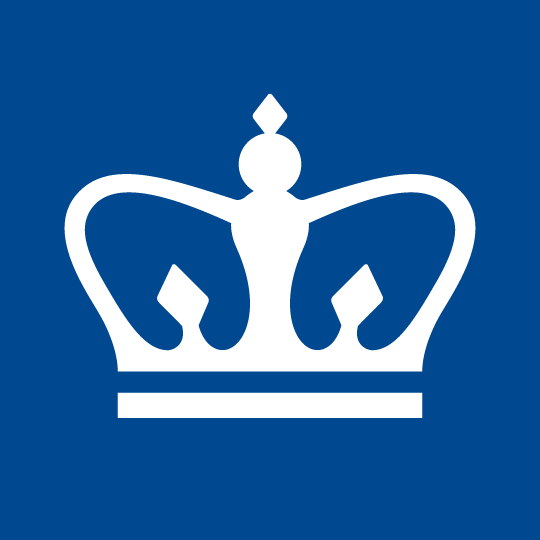American Bureau for Medical Aid to China Records, 1937-2005 331 Linear Feet
Papers of the American Bureau for Medical Aid to China consist of correspondence, memoranda, reports, minutes, committee files, membership records, financial records, fund raising records, motion pictures, audio tapes, phonograph records, photographs, posters, publications of ABMAC and other printed materials. Also included are the files of related Chinese relief organizations: Aid Refugee Chinese Intellectuals, 1954-1969; American Emergency Relief, 1941-1946; United Services to China, 1941-1977. Of particular interest are approximately 6,000 photographs of Chinese medical colleges, hospitals, laboratories and personnel and 45 phonograph records including speeches by such ABMAC supporters as Mme. Chiang Kai-Shek, Pearl S. Buck, Wendell Willkie, Fiorello LaGuardia and a number of movie stars

